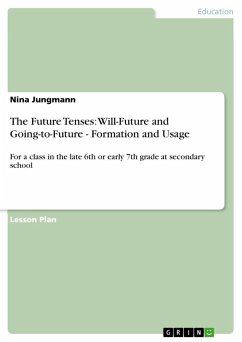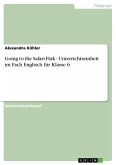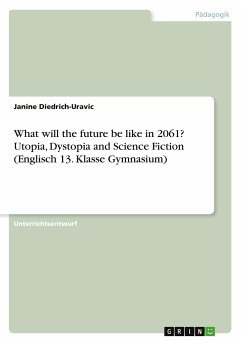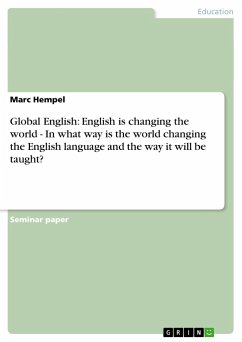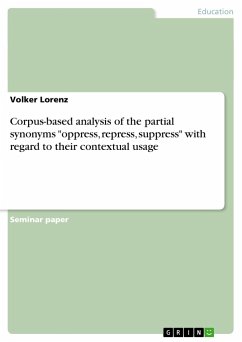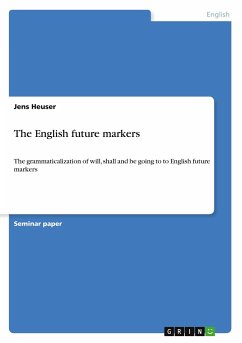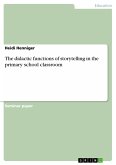Lesson Plan from the year 2010 in the subject Didactics for the subject English - Pedagogy, Literature Studies, grade: 2,0, University of Trier, language: English, abstract: This lesson is mainly about the future tenses, will-future and going-to future. My intention is to teach the study group both the formation of the tenses as well as the usage, when exactly to use which tense in order to express something in the future. Therefore I planned a double period where the first lesson is only about the formation of the future tenses and the aim of the second lesson is to make clear to the learners when to use the will-future or the going-to-future.I did not yet have the opportunity to give this lesson in reality, so I assumed a class in which this lesson could work the way I planned it. too personal1.1.Situation of the classI would provide this double period with its focus on the future tenses, will-future and going-to-future, for a class in the late 6th or early 7th grade at secondary school . While planning, I assumed that the pupils already heard about the building of the tenses and do know that these tenses are used to talk about the future but that they have to practice how to build certain sentences like positive statements, negotiations as well as questions. What will be completely new to them, is the question when exactly to use which tense in order to express something in the future. That means concerning the formation of the tenses this lesson will be a repetition for them, but concerning the usage this lesson presents an introduction. It is important that the study group is motivated to work as there are many parts where they have to be proactive. Moreover, it is a precondition that they learned to work with a partner as well as in a group of minimum three pupils otherwise this lesson could not be realized.1.1.Objectives and aimsThe superordinated aim of this lesson is that the study group knows how to form and when to use the future tenses, will-future and going-to-future. The main idea hereby is that they learn to gather from many examples to a general rule, what is called inductive learning. "It gives you opportunities to work out rules for yourself and to work out what is the most probable choice in particular contexts." This concept represents the basis of all learning activities in this lesson.However, there are many intermediate aims of the lesson. At the beginning the pupils train to listen carefully to a song in order to fill in the gaps that are missing in the cloze text. They have to concentrate on the song individually and try to understand someone whose mother tongue is English.
Hinweis: Dieser Artikel kann nur an eine deutsche Lieferadresse ausgeliefert werden.
Hinweis: Dieser Artikel kann nur an eine deutsche Lieferadresse ausgeliefert werden.

